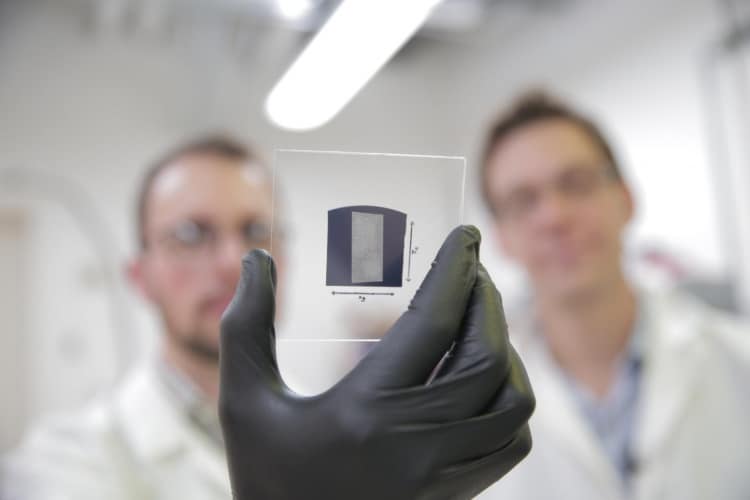
There is a pressing demand to improve the performance of the computer chips that underpin virtually all electronic devices today. However, it is generally accepted that we are approaching the limits of traditional materials used in their manufacture, such as silicon.
The superconductivity of carbon nanotubes has meant they have long been seen as a potential alternative, but creating transistors with the one-atom-thick material has proved difficult. Published in the journal Science Advances, this latest study presents a solution that could lead to a dramatic improvement in computing performance.
"This achievement has been a dream of nanotechnology for the last 20 years," said study co-author Michael Arnold, a UW-Madison professor of materials science and engineering.
"There has been a lot of hype about carbon nanotubes that hasn't been realised, and that has kind of soured many people's outlook. But we think the hype is deserved. It has just taken decades of work for the materials science to catch up and allow us to effectively harness these materials."
In 2014 the team developed a technique called "floating evaporative self-assembly", which allows the nanotubes to align in the right order and with the desired spacing. A polymer was then used to separate out unwanted metallic nanotubes from the carbon, then the insulating polymer was ‘baked’ out in a vacuum to leave highly pure carbon nanotubes.
"We've identified specific conditions in which you can get rid of nearly all metallic nanotubes, where we have less than 0.01 per cent metallic nanotubes," said Arnold.
The team benchmarked their carbon nanotube transistor versus a silicon transistor of the same size, geometry and leakage current, achieving current 1.9 times higher than the silicon. Extrapolating from single nanotube measurements, the engineers believe the transistors should be able to perform five times faster or use five times less energy than their silicon equivalents. The nanotube's ultra-small dimension makes it possible to rapidly change a current signal travelling across it, which could lead to significant bandwidth gains for wireless communications.
"Making carbon nanotube transistors that are better than silicon transistors is a big milestone,” said Arnold. “This breakthrough in carbon nanotube transistor performance is a critical advance toward exploiting carbon nanotubes in logic, high-speed communications, and other semiconductor electronics technologies."




AI-generated medical responses need monitoring, study finds
This would negate most of the benefit of using AI in the first place, rather like the Locomotive Act 1865 that required any self-propelled road...